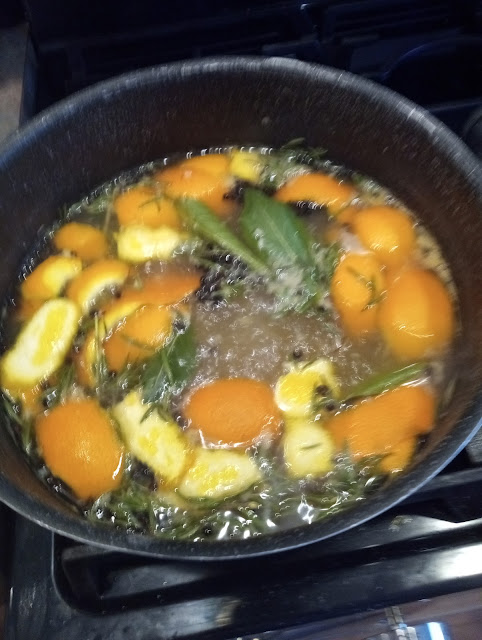We might wonder, why do we have this feast of Christ the King?
This solemnity was established by Pope Pius XI in 1925.
And it helps to understand the times.
For some time, the trends in society
had been to denigrate the Church and the Catholic Faith.
A few years before, the most powerful nations
had all been drawn into the slaughter of the First World War.
And in the wake of that war, extreme movements were taking hold:
communism, fascism and militarism.
And so the pope sought to remind the world who its true king is.
Not a Fuhrer, not a dictator, not an ideology.
As the pope said, “all men, whether collectively or individually,
are under the dominion of Christ.
In him is the salvation of the individual,
in him is the salvation of society.”
A century later, our world still needs the same reminder.
On the one hand, we have supposedly free societies –
including our own – where more and more people
are being shamed and harassed and punished
because they believe what Jesus teaches about marriage and family.
People are losing their jobs.
Business owners are being fined by government,
forced to shut up or shut down.
It is likely to get worse before it gets better.
On the other hand, in west Africa and elsewhere, we are witnessing
a ruthless effort to exterminate Christians in the name of Islam.
Thankfully there are some efforts to stop it, but not much.
The need to accept Jesus Christ as king is as great as ever!
So what does that look like?
The starting point is our own lives.
Is he king over how I use my time? My money?
Over my eyes, my hands, my words?
Do I use my body and talents according to his laws—or my own desires?
The truth, of course, is that I’m still fighting the battle in my own life;
and most likely, so are you.
The great tool we have in this is the sacrament of confession.
When you and I bow our egos and bend our knees in the confessional,
We renew our loyalty to Jesus, not vaguely, but very concretely –
in my life, today, right now.
Second is what happens in our homes.
There’s no rule that says
you and I have to have a crucifix or an image of Jesus in our home;
but why wouldn’t we all wouldn’t want that?
Personally, I like having an image of Jesus or Mary in every room.
It’s not magic, but crucifix over the computer and the TV
can help us pause before we click.
But what best shows Jesus as king in our homes
is how you and I treat one another.
When our homes are places of prayer, forgiveness and peace,
Christ reigns – and people will want what they experience in us!
Finally, we lift up King Jesus with the difference we make in the world.
The Gospel gives us a powerful measure:
how we treat those who are least and easily forgotten.
If Jesus were accepted as king of this world,
there would be no one hungry or naked or forgotten;
but as it is…our world is rather different.
This is something encouraging about our family of parishes:
Whether it is blessings in a bag, the casseroles people prepare,
the tags on the Christmas trees in the foyer of church –
and there’s more that happens quietly –
these small acts please our Lord.
Helping out with a clothing drive or a soup kitchen
is a powerful antidote when we get discouraged or sad.
If you ever feel overwhelmed, take heart!
The Gospel doesn’t show the Lord saying to anyone,
“well done, you solved the whole problem.”
Instead, we see Jesus commending those who did what they could;
and condemning those who passed by.


























